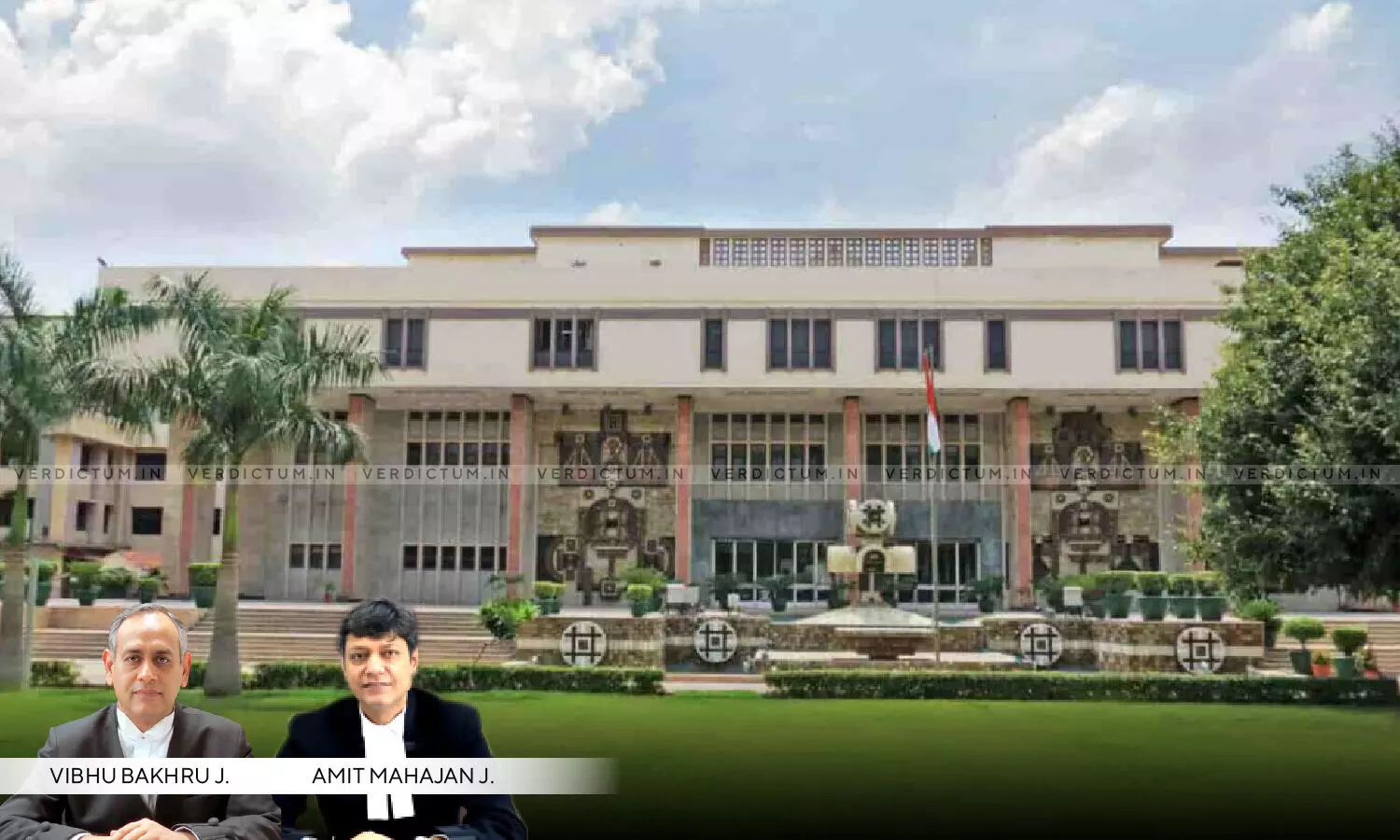
Limitation Period For GST Refund Application Stops If Proper Officer Needs Additional Documents: Delhi HC
 |
|The Delhi High Court has while granting relief to the National Internet Exchange of India (petitioner), held that the limitation period for filing a refund application under Section 54(1) of the Central Goods and Services Tax Act (CGST Act) will stop its course, if the proper officer needs additional documents or information to ascertain that the claimed refund is indeed due to the taxpayer.
The Division Bench comprising of Justice Vibhu Bakhru and Justice Amit Mahajan observed that “in terms of Section 54(1) of the CGST Act, the period of limitation would stop running notwithstanding that the proper officer required further documents or material to satisfy himself that the refund claimed was due to the petitioner”.
The Bench stated that when an application fulfils the requirements outlined in Sub-rule (2), (3), and (4) of Rule 89 of the Central Goods and Services Tax Rules (CGST Rules), it must be accepted, and the rejection of an application due to deficiencies was permissible only when specific deficiencies were identified.
Advocate Charanya Lakshmi Kumaran appeared for the Petitioner, whereas Advocate R. Ramachandran appeared for the Respondent.
The brief background of the case was that the petitioner, a non-profit company, filed a petition challenging an order passed by the Assistant Commissioner of the Department of Trade and Taxes, rejecting the petitioner's claim for the refund of IGST related to zero-rated supplies. The rejection was based on the ground that the petitioner's application was submitted after the stipulated period outlined in Section 54(1) of the CGST Act. The petitioner contested the rejection, arguing that its initial refund application had been filed within the prescribed period. Subsequent online applications were submitted to address deficiencies and queries raised by the concerned officer, and these should not be treated as fresh applications for the purpose of assessing whether the claim adhered to the limitation period.
After considering the submission, the Bench noted that even if the refund application was considered complete, the proper officer might choose to hold back the processing of the refund.
The Bench clarified that this could occur if the proper officer was not entirely convinced that the refund was legitimately due to the taxpayer, and in such instances, if the proper officer needs further verification or was unable to process the refund due to discrepancies they have identified, they were required to issue a notice in Form GST RFD-08 as per Sub-rule (5) of Rule 90 of the CGST Rules.
The Bench further remarked that according to Section 54(1) of the CGST Act, an application must be submitted in the prescribed form and manner within two years from the relevant date.
The petitioner in this case had met this requirement by submitting a refund application on Oct 31, 2019, in the manner prescribed by the CGST Act and Rules, added the Bench.
The Bench placed its reliance on the decision in case of Bharat Sanchar Nigam Limited v. Union of India & Ors [2023: DHC: 2482-DB], wherein it was observed that simply seeking additional documents or clarifications through a Deficiency Memo would not render a taxpayer's application as non-est, and if the application was complete in terms of necessary details and was accompanied by the required documentary evidences as stipulated in Rule 89(2) of the CGST Rules, it cannot be ignored for the purpose of the limitation period.
With the above observations, the Bench allowed the petition set aside the order rejecting the petitioner’s application for refund on the ground of limitation.
Cause Title: National Internet Exchange of India v. Union of India and Ors. [Neutral Citation: 2023: DHC: 6002-DB]
Click here to read/download the Order